Utilising Crowdsourced Knowledge to Enhance Resilience to El Nino
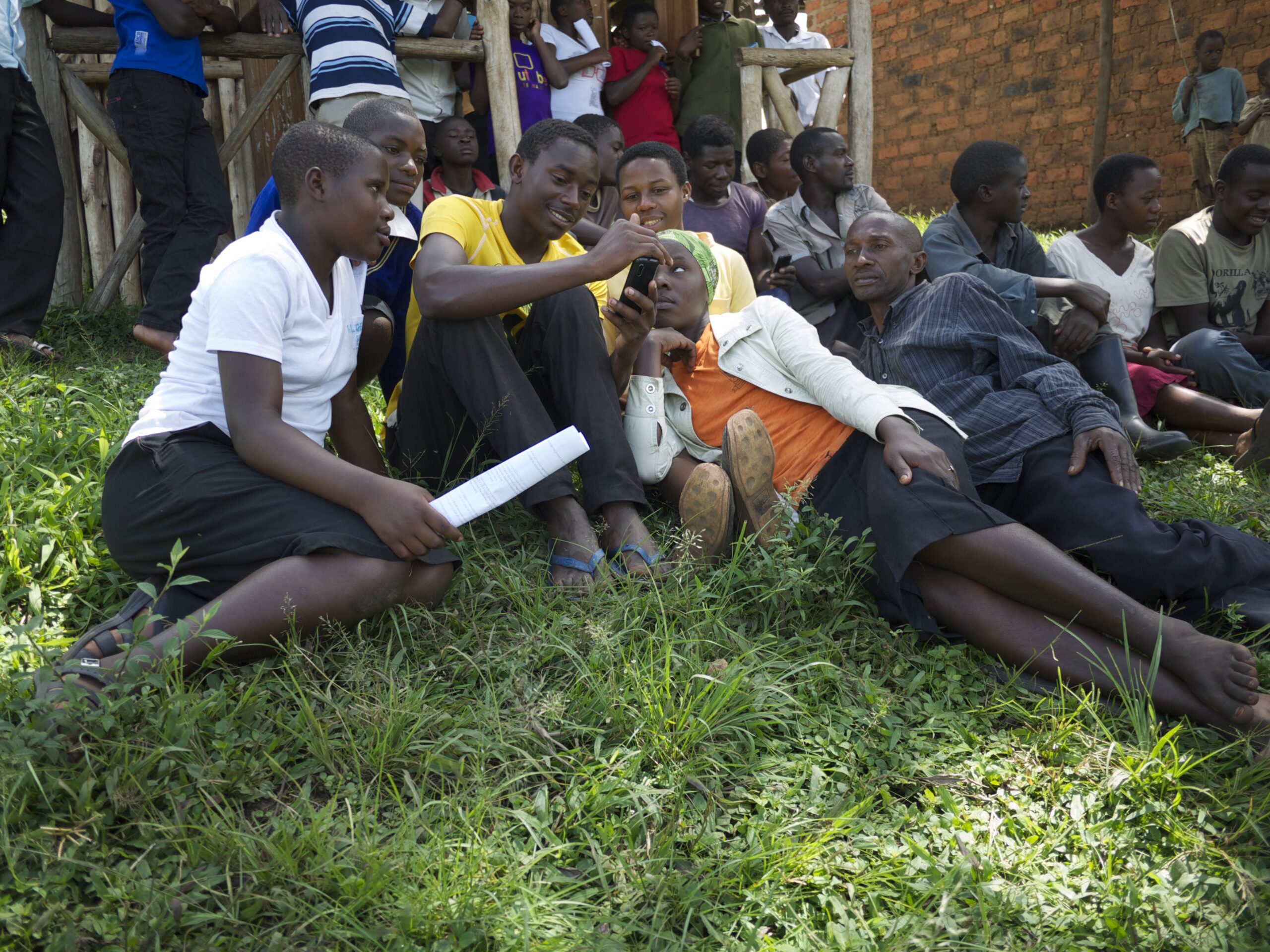
Introduction
This year’s El Nino is the worst on record. Sadly, it is likely that the people who will suffer most will be smallholder farmers, who are highly vulnerable to the effects of climate change. Low crop yields and small, irregular incomes mean they might not have the opportunity to invest in technologies or products that could enhance their resilience and protect against El Nino destroying livelihoods.
Governments all over the world have announced their intention to invest large sums of money to protect citizens from the impact of El Nino, but many people remain skeptical about how much impact this will have on the ground. Peru’s government has earmarked $275 million to be invested before El Nino while Kenya has allocated 5 billion KSH for exigencies.
But what if a sturdy, effective response didn’t have to be costly for governments or for the farmers themselves? WeFarm believes that is entirely possible. Our free SMS service enables farmers to receive locally relevant, crowdsourced information from other farmers without having to leave their farm or invest any money.
Connecting small-scale farmers to information via mobile
Access to information is a very powerful tool to build resilience amongst farmers. A farmer who knows how to prevent soil erosion and take care of livestock, or who knows the best crops to diversify into during periods of extreme weather is empowered to protect his livelihood, and the security of his entire family.
Getting information to the people who need it most has been challenging, especially with the great global inequality that exists with regards to internet access. Less than 75% of the world’s population has internet access, and smallholder farmers largely fall into this category, typically living in remote areas, miles away from even the closest village.
However, more than 90% of people in developing countries now have access to a basic mobile phone and this has created a huge opportunity to transfer knowledge with simple technology. There are many innovative technology businesses which are taking advantage of the prevalence of mobile in order to provide useful information to farmers via SMS, and WeFarm is one of them.
There are currently more than 37,000 farmers in Kenya, Uganda and Peru using WeFarm. The service is completely free and available on even the most basic mobile phone.
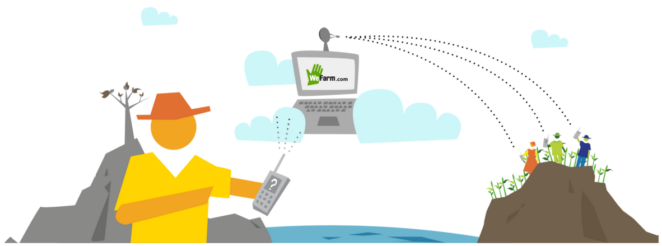
Crowdsourcing – a scalable solution
The majority of businesses offering advice on agriculture to farmers offer ‘top-down’ advice but WeFarm takes a different approach by utilising the power of crowdsourcing. Organisations that provide advice on farming face serious limitations in providing enough timely, locally relevant content for subscribers, whereas crowdsourcing creates a scalable solution. With WeFarm, farmers can ask questions on farming and will receive tailored advice from other farmers via SMS.
A peer-to-peer model where farmers can ask questions and receive answers from fellow farmers challenges the widespread belief that people living in poverty do not have valuable information to share It represents a serious shift in thinking, based on the belief that small-scale farmers have valuable knowledge, yet lack the means to share their expertise or innovations? with other farmers around the world.
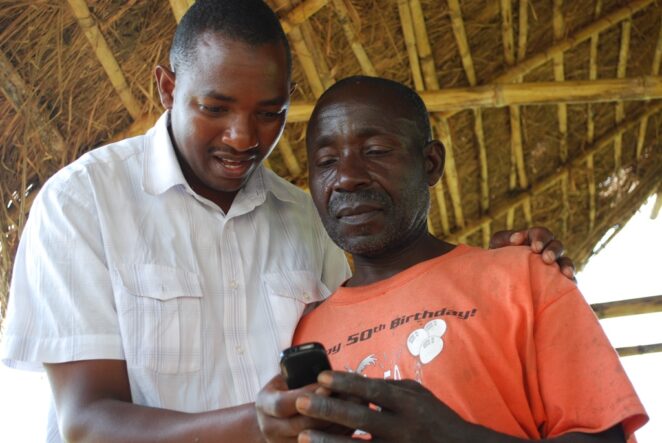
Low-cost grassroots solutions save livelihoods
The benefits of using grassroots initiatives are strongly emphasized in sustainability circles. Quite simply, involving farmers in the creation of sustainable projects increases their chances for success because the projects that are designed actually work on the ground. Crowdsourcing has similar benefits as farmers share ideas that have been tried and tested. It also has the additional advantage of facilitating the adoption of inexpensive solutions.
WeFarm has successfully proved this with El Nino. In response to an increase in questions on El Nino, WeFarm sent out a request to thousands of farmers in Kenya to submit their recommendations on how best to prepare for El Nino. The result was a wealth of crowdsourced, geographically relevant information from farmers in Kenya, and many were low-cost solutions that were easy to implement. Within 24 hours, WeFarm received more than 700 pieces of valuable advice from farmers on how best to prepare, including tips on how to collect water, prevent soil erosion, and the best crops to grow in heavy rain.
For example, Michael suggested that farmers should “Construct boreholes to harvest excess water which we can use during dry season,” while another farmer suggested to “terrace their land so as to guide their soil against soil erosion.” A farmer called Rosemary gave general advice for farmers in Kenya to “plant short term crops e.g beans, peas” that do well in heavy rains.
All of these solutions are pieces of advice that have previously been effective in local communities and they do not require high investment. By implementing a few simple projects, farmers can protect their livelihoods with crowdsourced information from fellow farmers and this has huge implications for future global food security and resilience against climate change.
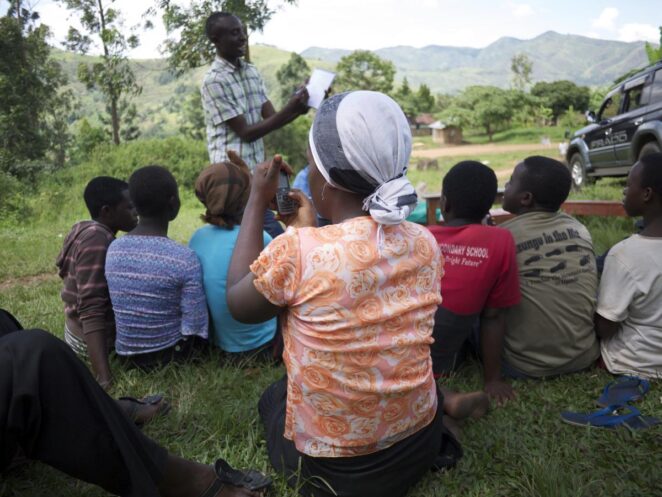
Enhancing resilience without investing millions
The effects of climate change are becoming more and more apparent, and the people who will be impacted the worst are small-scale farmers. These people hold the key to a sustainable future and to the survival of the human race.
As with most things in the world, prevention is better than cure. If governments empower farmers to share information, they won’t need to stockpile millions to repair damaged communities and rebuild their agriculture sector. Knowledge is power, and farmers can enhance resilience themselves, if they have crowdsourced information at their fingertips.
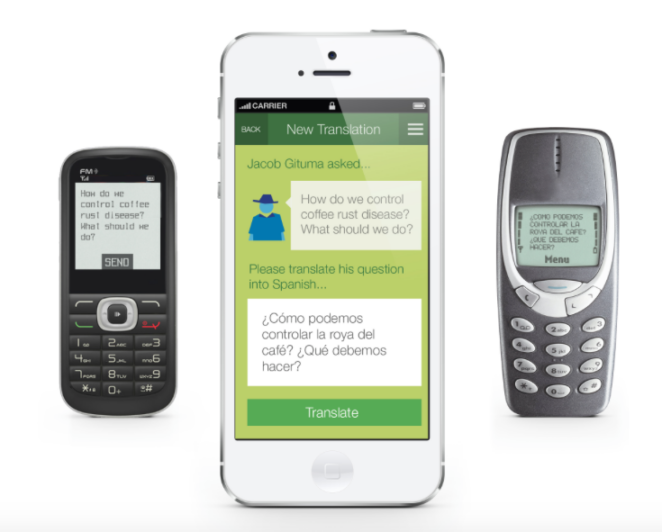
(0) Comments
There is no content